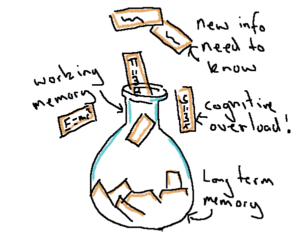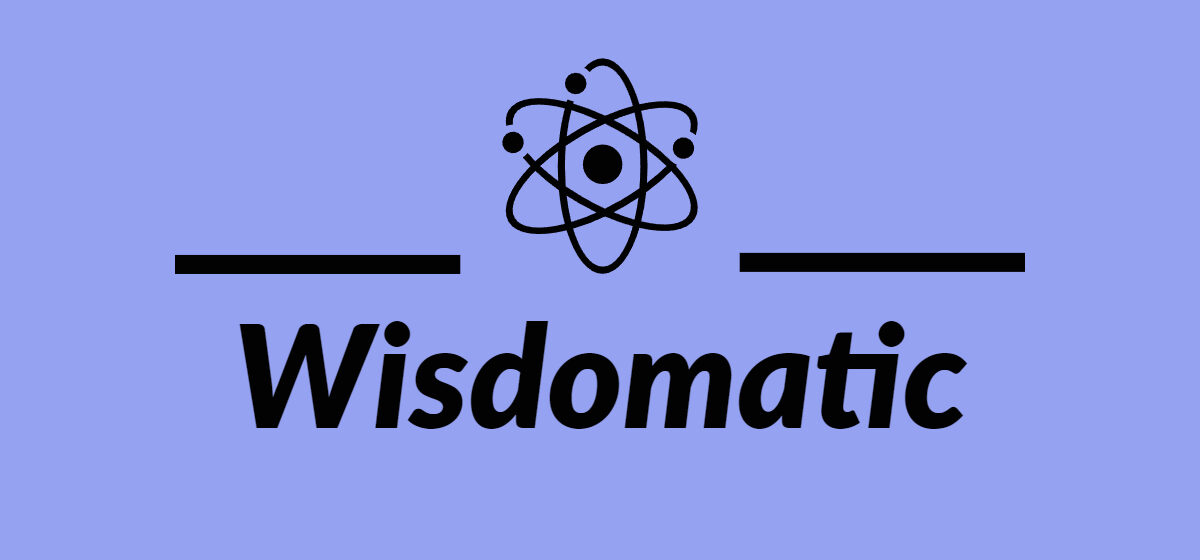I’ve seen tutors advertise they can cover a term, semester, or even an entire year of syllabus content in January before school starts. Is it a good strategy? Will this pay off in reducing the workload and stress in the middle of the school term? Improve results in that subject? While I admit a tutor could “teach” a year’s worth of material in a month, the real focus should be on what a student can learn in a month and scientific research suggests that cramming just before an exam is not a good strategy. A head start in January might just doing the cramming at the beginning of the year, rather than at the end.

Why cramming the course into a short time is not a strategy
The cognitive load theory suggests that working memory has a limited capacity, and when too much information is presented at once, it can lead to cognitive overload, impeding learning. Sleep plays a role in memory, requiring that new information is consolidated while we sleep between sessions. In summary, everyone has a limit as to how much can be learned on any one day.

Anecdotally in my 15 years of teaching and tutoring, I have not seen a benefit from cramming a course into a short time at the beginning of the year – just as I don’t see a benefit to cramming it in at the end! ATAR courses require students to synthesize and apply knowledge, not simply recall knowledge.
There are just not enough hours as a teacher nor tutor to cover every fact, strategy and tip that can assist in exams – our ATAR courses require students to apply knowledge and there are too many unique ways a question can be varied to cover everything in the classroom or tutoring sessions. Instead, I let the practice problems I leave for students do the heavy lifting. Well designed and sequenced practice problems will gradually introduce complexity and new challenges that will let the student grow in their understanding. In a compressed timeframe, students are deprived of the opportunity for any reinforcement of concepts before moving on to a new topic. Without adequate practice, the knowledge gained is often fleeting, and students are likely to forget much of what they have learned shortly after the intensive course ends.
Furthermore, a tutor who agrees to condense a year’s curriculum into a month won’t be able to provide the high-quality instruction necessary for deep learning. Effective teaching involves more than just delivering content. A good tutor will take time to check for understanding with strategic questioning and foster enthusiasm for the subject. In a rushed schedule, these important aspects of teaching are often sacrificed, resulting in a subpar educational experience.
"The mediocre teacher tells. The good teacher explains. The superior teacher demonstrates. The great teacher inspires."
William Arthur Ward
So no tuition in January? Not so fast....
Despite these issues, I’m in favour of getting a head start in January but only if it is done the right way. I recommend only one or two hours of tutoring each week in January, where the student has some practice problems to reinforce the content between sessions. Getting between two and four weeks ahead of the school program is ideal. The classroom teacher’s delivery of the same content will be easier to follow in the fast-paced classroom environment. This also takes advantage of the spaced repetition effect.
In conclusion, while a tutor can “teach” a year’s worth of material in a month, tutoring should be focussed on what a student can learn in a month. Effective education is a gradual process that requires time and effort from the student, which means in January a tuition schedule with opportunity to practice between sessions is an effective choice to improve student academic achievement in the long run.

